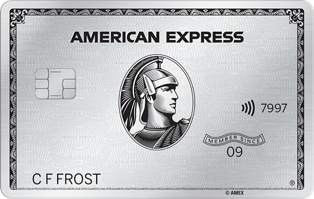
The stock market is one interesting place. If you have plans to enter it, chances are you are excited at the mere thought of earning some money on the side. Well, this is an actual possibility provided that you are playing all your cards the right way. However, taking the plunge into the world of stocks is not an easy feat, so you need to come fully equipped in every sense of the world.
Keep in mind the following tips on how to buy your first stock to ensure a successful venture.
Do Your Research
Prior to buying any stock, doing your research is the first step that can never be stressed enough. While there are a lot of experts and professionals out there who can give you sound advice, don’t forget that there are those who just claim to be experts whose advice might not really be as reliable. So, if some of your friends give you tip and encourage you to buy simply because this or that company is popular, make sure that you don’t just follow their advice blindly.
Start with Stable Stock from a Reliable Company
Beginners are recommended to start first with stable stock. It is best that you go for a company that has been in the industry for some time then read more about them. You can get some help from financial magazines and even websites. You need to look into the status and performance of the company you are considering as well as the market’s state as a whole. This can come in handy when making your final decision.
It is crucial to choose a stock and company that has been around for some time as it will give you better opportunity for making predictions of how the future will be like. While it may be great to invest in new companies, especially if you consider how people claimed to make lots of profits out of them, there is a considerable risk of ending up losing your money.
This means that although you might not get lots of excitement from a more solid stock, this will give you better peace of mind as you get to learn this and that and make yourself more familiar with the stock trade and finance world. There is so much for you to learn here and the process will take some time.
The process of learning itself is also quite an interesting one. Numerous outside influences affect the stock market, and these include legal affairs. In the past, the market has been affected by the tort system, with large verdicts almost commonplace. It is reason why market analysts always keep an eye out on what happens in courtrooms.
Start Small
Finally, make sure that you start small while learning. Yes, joining the stock market may seem like a gamble as some risks are always involved. There are a lot of uncertainties but you could reduce your financial loss if you do your research and watch out for influences that could affect your stock.









